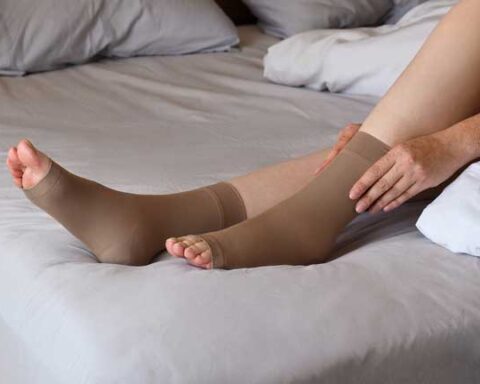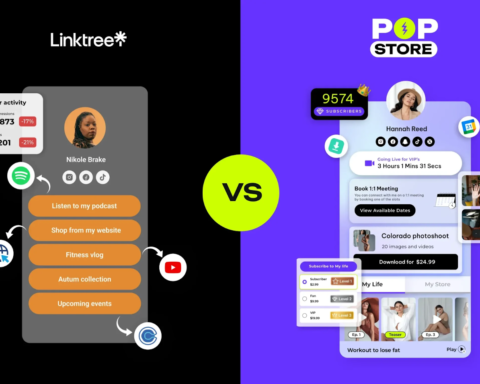Have you ever wondered how different types of IOP services can support your journey to recovery? Navigating the world of addiction treatment can be confusing. There are many options available, each with unique features and benefits.
Understanding these services can be vital in choosing the right path for you or a loved one. In this blog post, we will break down the various types of IOP services available. By the end, you’ll have a clearer picture of how these services can aid in recovery.
What are IOP Services?
Do you want to learn about intensive outpatient program? IOP services, give people who need help with addiction more than one choice. They help people who need more help than regular outpatient therapy but don’t need care 24 hours a day, seven days a week.
Patients usually go to sessions a few times a week, which lets them keep up with their daily lives while they’re getting care. The main goals of these programs are to help people learn how to deal with problems and stay strong. They usually include therapy sessions, group meetings, and training parts.
Types of IOP Services
There are different types of IOP services tailored to diverse needs. Some programs primarily focus on substance abuse, while others might cover mental health issues as well. Programs can differ in their intensity based on the individual’s needs.
Many IOPs offer a combination of group therapy and one-on-one sessions. This blend allows clients to connect with peers and receive personal guidance. Some facilities may also incorporate holistic treatments, like yoga or art therapy, to enhance recovery support.
Outpatient Therapy
A big part of IOP programs is outpatient therapy. It allows people to get care without having to make big changes to their lives. Patients go to the treatment center for their planned sessions and then go home afterward.
This gives people who are busy with work or family obligations more flexibility. Individual and group counseling are big parts of outpatient therapy. They help clients work through problems and learn good ways to deal with them.
Recovery Support Programs
Recovery assistance is vital for IOP participants. These programs keep recovery participants motivated. Their resources include support groups and community events.
Participants share experiences and form peer support networks. Professionals lead these programs. They teach sobriety-sustaining life skills.
Detox Programs
Detox programs are sometimes the first step before entering IOP services. These programs focus on safely removing harmful substances from the body. Detox is a critical phase for many individuals starting their recovery.
It helps manage withdrawal symptoms and provides medical support. A successful detox sets the foundation for the next phase of treatment. After detox, individuals may transition into IOP services for ongoing care.
Rehab Treatment Programs
Both inpatient and outpatient rehab treatment programs can help people heal from addiction. Intensive outpatient programs let clients live at home while giving them structured assistance.
These programs teach people about addiction and how to stay clean by combining therapy, education, and life skills training. Going to rehab is an important part of getting better.
Types of IOP Services
IOP services play a crucial role in supporting individuals on their recovery journey. They offer a blend of intensive treatment and outpatient therapy, providing the flexibility needed for real life.
By understanding the various types of IOP services, you can make informed decisions about addiction treatment options. Ultimately, these services aim to empower individuals and foster long-lasting recovery.
Did you like this guide? Great! Browse our website for more!
Keep an eye for more news & updates on EssentialTribune.Com!








